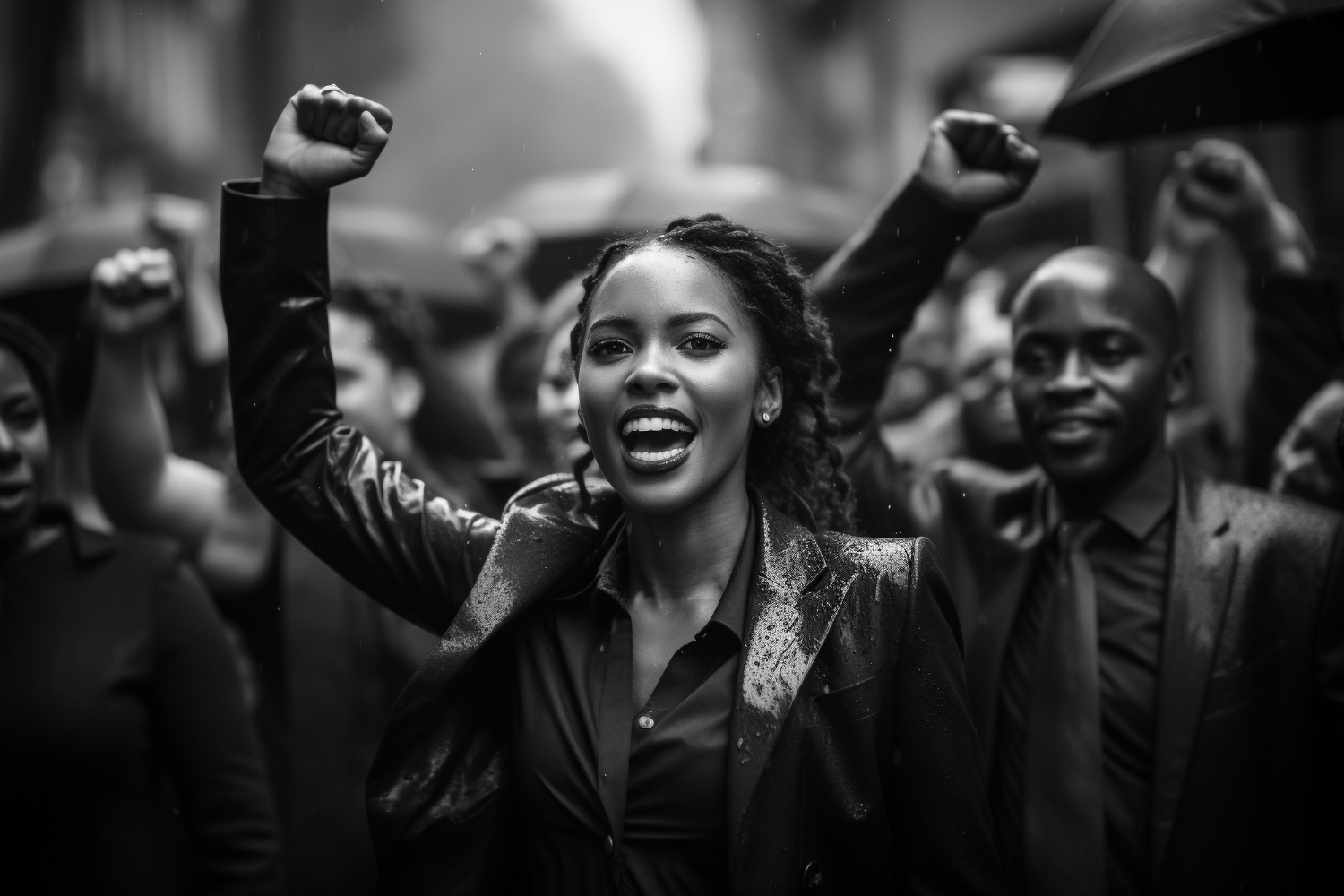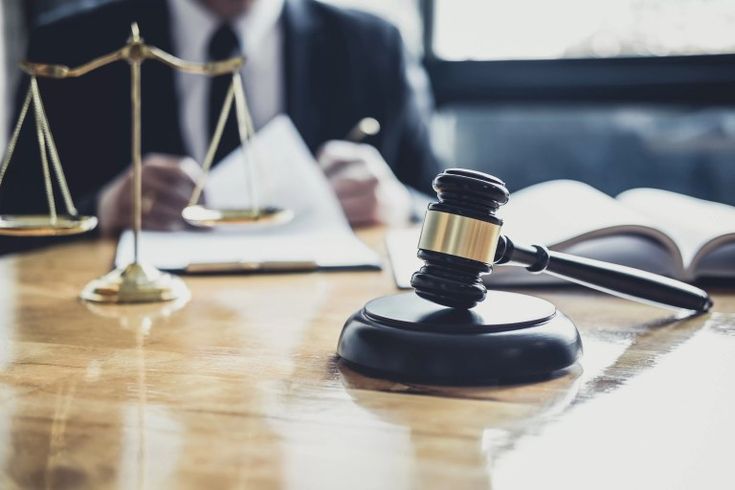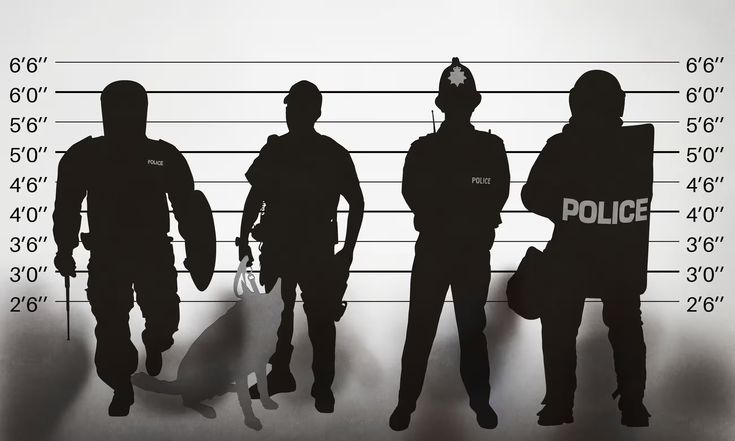By Naima Idris
Kenya has over the years hailed as a democratic and stable republic within East Africa. However, the country is facing a growing crisis with evidenced extrajudicial killings, enforced disappearances, illegal detention and excessive use of force. These actions are perpetrated by the very Institutions that we rely upon to protect its citizens but rather turn into instruments of crime and fear.
The 2010 constitution was thought to be a turning point in Kenya’s democracy; safeguarding and guaranteeing human rights, justice, equality among other reforms. Nonetheless, the practices of democracy have fallen short of these principles. Security agencies, under the shield of state power have been frequently implicated with targeting youths, activists, and political opponents who dare come out to speak on ongoing injustices. Protests are treated as threats rather than legitimate public expressions of discontent. In 2024 alone, during the finance bill protests, a total of 159 cases of extrajudicial killings and enforced disappearances were among those documented. Out of these, 104 were police related.
When citizens can be abducted in broad daylight, shot and killed in public spaces, found buried in shallow graves, outside of the rule of law, this practice undermines the core principle of democracy that “every life should be valued and protected”. People’s trust in institutions has eroded as police have turned into enforcers of death rather than protectors of life by
disproportionately targeting and labeling young people as ‘suspects or criminals.’ A recent case is the tragic death of a young blogger known as Albert Ojwang who was arrested over allegedly posting defamatory content about a senior police officer. Albert was reported dead while in police custody and authorities claimed his death was self-inflicted. However, a post-mortem report revealed signs of assault such as head and neck injuries. The case gave rise to nationwide protests and demands for accountability.
Perpetrators are hardly held accountable and families of victims often face intimidation when demanding for justice; living in constant fear, grief and trauma. Some families are pressured into accepting compensation packages by the government to silence their voices from finding justice for their deceased. This action weakens accountability, encourages systemic violations and further entrenches impunity. Very few cases ever reach the court with reports showing less than 2% of police killings getting prosecuted successfully.
In conclusion, democracy needs to portray itself beyond the ballot box. People need to be held accountable for their actions despite their positions and affiliations. Citizens need more than just laws on papers but trust, implementation and enforcement of the laws. Without implementation the idea of democracy and inclusion becomes meaningless and hollow. A transformation is bneeded!






